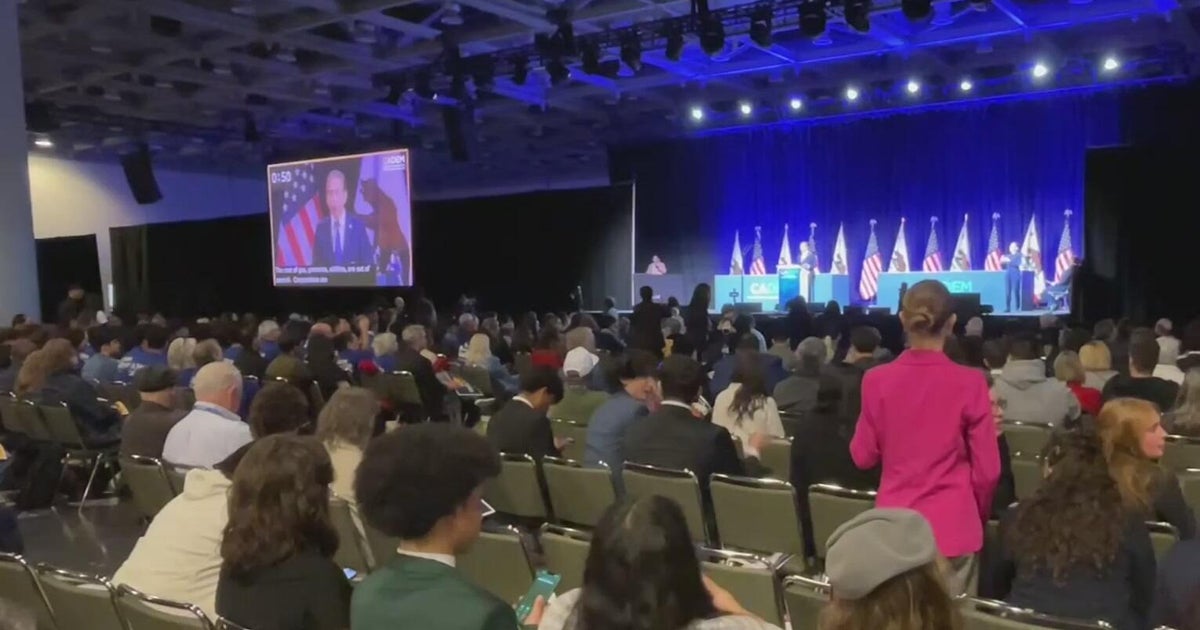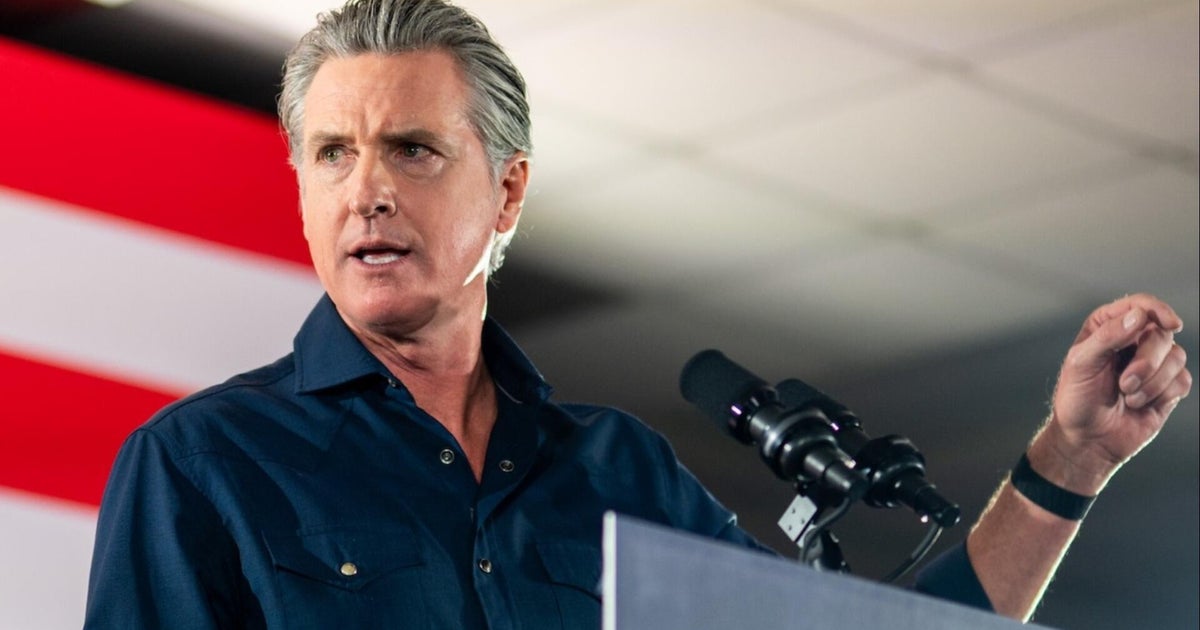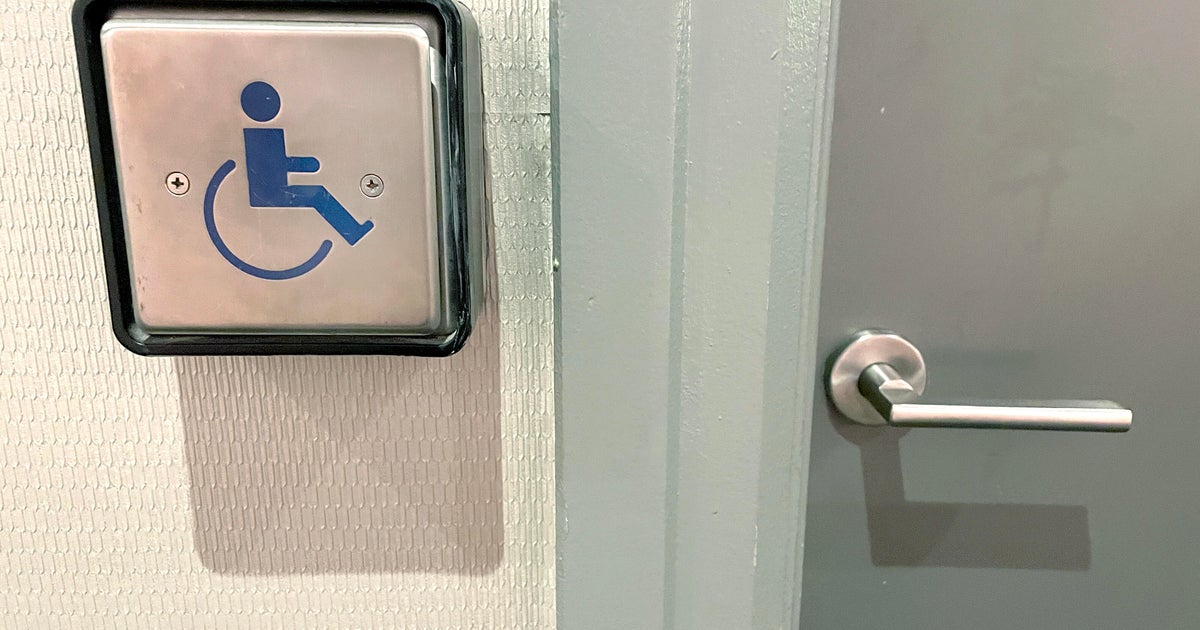BART Board of Directors to see major changes with this election
Bay Area voters will have an opportunity to shape the future of BART in the upcoming general election.
Of the nine directors who set BART policy and budget, five director seats are up for re-election, and of those five seats, four incumbents are stepping down.
Only Director Melissa Hernandez is running to retain her current seat. She was appointed five months ago after her predecessor resigned. The new directors will have some tough decisions ahead since BART is facing a historic budget deficit.
The uncertainties of transit agency's future worry long-time riders like Marianna Gibbs. She and her daughter depend on BART for work and school.
"It's my primary mode [of transportation]. I have a car, but I use BART," said Gibbs.
BART is relying on one-time federal money to keep the trains running. Once that money runs out in 2026, BART will face a $385 million deficit.
"Which could mean drastic service cuts, things like stations closed, much longer waits between trains, even entire lines shut down, for say, the weekend," said BART spokesperson Jim Allison.
BART management and the elected directors will have to set policy to avoid the so-called 2026 fiscal cliff.
"There's a tremendous amount of waste and financial mismanagement at BART," said outgoing BART Director Debora Allen.
Allen is often the dissenting and minority voice on the board. She believed a balanced solution involves cuts and new tax dollars.
"This has always been a bloated agency. There is a tremendous amount of money going in consulting contracts and to non-profits," said Allen. "The management structure itself is incredibly inefficient."
Allen said BART should also negotiate concessions from the labor unions rather than handing out pay raises.
"Labor is 75% of the operating budget. If you want to cut and become more efficient and reduce expenses, you have to address labor," said Allen.
But Allen admitted it's a pipe dream, since five of the eight candidates running for open seats are backed by the unions.
"Looking at the line-up, I don't think much is going to change, because most of the directors replacing the five are the ones that were hand selected by the existing directors," said Allen.
"Director Allen, in her role, has not really been able to do more than criticize and critique the agency," said outgoing director and president of the board Bevan Dufty.
Dufty disagreed with Allen. He believes there are checks and balances to prevent waste.
"I think it's ludicrous to say that we're blowing our budget. I think that we are a well-managed institution. We just had a bond rating, which was AA+. I really have faith in our staff and our people," said Dufty.
He said the prior funding model of relying mostly on riders for the operating budget is outdated in the post-pandemic world of working from home.
He believed the best options may involve a regional or local tax measure to fund BART long term.
"If BART is not robust, we're going to see gridlock traffic," said Dufty.
That's something no one wants to experience, including Gibbs. While she admitted she's tired of taxes, she and many people rely on a strong BART system.
"If they have to keep the trains as consistent as they are, it'll be worth it," said Gibbs.
Of the five board seats up for re-election, two contests have a single candidate running un-opposed. They are in Districts 1 and 3. And of the three remaining races, political experts said only Districts 7 and 9 have what they would consider competitive races. Dana Lang and Victor Flores are running in District 7. Edward Wright and Joe Sangirardi are running in District 9.







